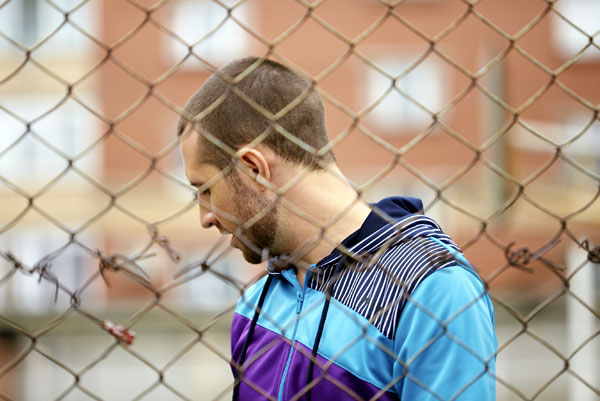- South Texas Students Meet Accordion Music Icons Los Tigres Del Norte In Edinburg Thanks To Khs America/Hohner Alianza Académica Initiative
- Fragile Planet Offers a Nighttime Wildlife Experience
- Falcons Soccer Off & Running
- Cameron County Receives Funds to Improve Two Parks
- Falcons Complete First Half of 32-6A
- School District to Help out Victims of California Wildfires
- Sand Castle Days Continued Despite Unexpected Weather
- Ready for District
- Discussion of Garbage Dumpster Rates, Agreements Between State & City on Highway Regulations, and More
- 31st Annual Shrimp Cook-Off is Right Around the Corner
Mothers Driving Change in Juvenile Justice System
- Updated: May 27, 2016

New research shows thousands of mothers across the country have been acting as advocates for their children in forcing changes in the juvenile justice system. Photo: iStockphoto
by Mark Richardson
AUSTIN, Texas – As thousands of youths enter the Texas juvenile-justice system each year, a new report says thousands of mothers will face the pain of separation because their child is behind bars.
A new report, “Mothers at the Gate” from the Institute for Policy Studies, discusses how some family members are challenging the juvenile-justice system to make positive changes
Jennifer Erschabek, executive director of the Texas Inmate Families Association, said her group gives families a sense of what to expect and helps them navigate the system, but most often just gives them a shoulder to cry on.
“The core of our group are family members who do have someone in there,” she said. “They just need that emotional friendship, that support to get them through, because it’s hard. It’s real hard work when you look at how cruel the prison system is.”
In addition to support groups in 18 cities across the state, Erschabek said, her organization drives change through cultivating relationships with wardens and other officials, working to keep mothers and their children connected, helping families navigate the parole system and lobbying the Legislature for policy changes to the juvenile-justice system.
Karen Dolan, co-author of the report and a fellow at the Institute for Policy Studies, said her research shows a growing number of families across the country have found themselves becoming policy experts and activists — and some have successfully lobbied for changes in the juvenile-justice system.
“These family activists, ultimately their goal is to end youth incarceration, because that isn’t the place where any rehabilitation, education or, really, healing of trauma can occur,” she said. “To have them away from their families is just doubly damaging.”
The report suggests several changes Texas and other states could make, including ending the use of solitary confinement and improving visitation rules and telephone access for families.
The report is online at ips-dc.org.
